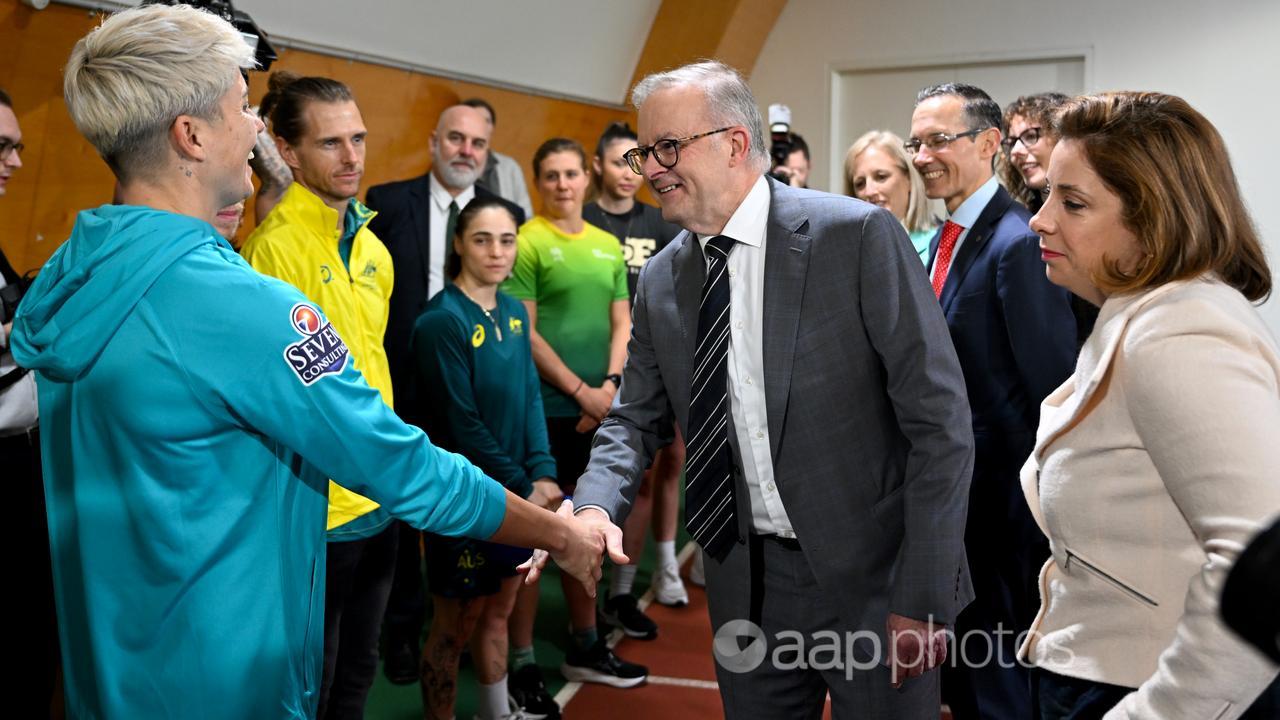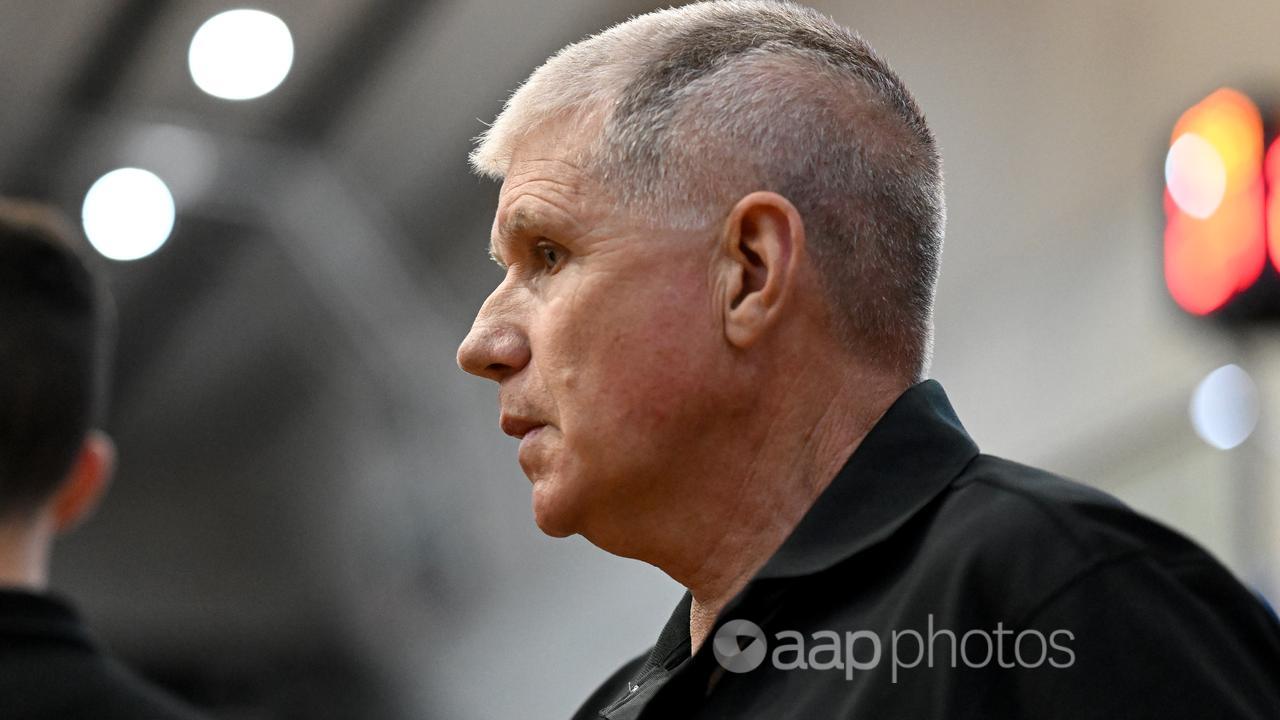Mentors with deep experience in language revitalization will be available for limitless free virtual sessions in eleven languages
W̱JOȽEȽP, UNCEDED TERRITORY OF W̱SÁNEĆ NATION / BRENTWOOD BAY, BC, Feb. 20, 2023 /PRNewswire/ — The Endangered Languages Project (ELP) is launching a unique language revitalization mentorship program to support people around the world working to strengthen their languages, often without formal training or guidance. Through the ELP website, language champions can book limitless free virtual sessions with one of four mentors who can share their expertise in eleven languages.
“Global language diversity is at a crisis point,” says Dr. Anna Belew, program manager at the Endangered Languages Project. “About half of the world’s 7,000 languages are at risk of falling silent, each of them holding irreplaceable knowledge, culture, science and wisdom. It is crucial that we connect the people around the world fighting for their languages and communities with resources and people to help them.”
Each of the four mentors bring expertise and experience in revitalizing their own languages and will offer peer-to-peer support and resources tailored to the unique needs of the language communities they mentor.
Dr. Pius Akumbu is a linguist from Babanki, Cameroon, and a researcher at LLACAN Paris who founded a school in his home village to ensure that children have access to primary education in their own language, Kejom (Babanki).
Yulha Lhawa is a native speaker of Khroskyabs who was born and raised as a yak herder on the Tibetan plateau and is now a Master’s student in computational linguistics at the University of Washington.
Alexandra Philbin is a speaker of Gaeilge (Irish) and a PhD student at the University of València where she is researching the experience of Catalan/Valencian speakers in València and Irish speakers in Dublin.
Yazmín Novelo Montejo is a sociolinguist and language activist from the Yucatec Maya community in Mexico. Before becoming a language revitalization mentor, Yazmín was the director of an online Indigenous radio station, a news anchor and a professor at the National University of Mexico and the Autonomous University of the Yucatan.
Together, they can offer support in English, French, Spanish, Mandarin, Amdo Tibetan, Khroskyabs, Kejom (Babanki), Maayat’aan (Yucatec Maya), Pidgin English, Gaeilge (Irish) and Catalan.
“Support for language revitalization is out there, but it’s unequally spread around the world,” said Yulha Lhawa. “People in the Global South and Indigenous and minoritized communities everywhere face barriers to access formal training, education and support for this work. It’s something the other mentors and I know too well. Through this program, we look forward to equitably sharing our experience and knowledge, and helping connect a global community of language champions to learn and work together.”
2022 marked the beginning of the UN International Decade of Indigenous Languages, which identifies the protection of Indigenous languages as a central issue for human rights, peace, and health. Research shows that language revitalization is linked to improved mental and physical health, lower suicide rates and overall well-being of Indigenous communities.
“At ELP, we believe that everyone deserves access to the support and information they need to keep their languages strong, no matter where they live,” says Dr. Belew. “Just as we know that the silencing of a language is deeply traumatic for the communities that speak them, we know that language revitalization has profound, far-reaching positive impacts not only for these communities, but also for the world’s cultural and linguistic diversity.”
The Language Revitalization Mentorship Program will launch on February 21, International Mother Language Day, with an online event to meet the mentors and learn more about the program. The event will be in English with French and Spanish interpretation.
Headshots of the Language Revitalization Mentors available here.
The Endangered Languages Project (ELP) is an online space to support the revitalization, reclamation, documentation, and flourishing of at-risk languages around the world. It brings together language champions, scholars, and the public to celebrate, strengthen, and share knowledge about the world’s Indigenous and endangered languages.
A collaborative project, ELP is led by representatives from different organizations and universities around the world, including its founding partners, the First Peoples’ Cultural Council (Victoria, BC, Canada) and the University of Hawaiʻi at Mānoa (Honolulu, HI, United States).
Contact: Doug Hamilton-Evans, Communications Consultant, Endangered Languages Project, dhamiltonevans@gmail.com, 1.236.777.8014 (Pacific Time)
SOURCE Endangered Languages Project

















